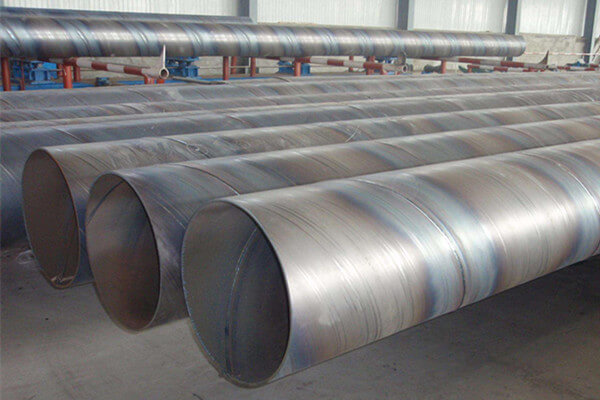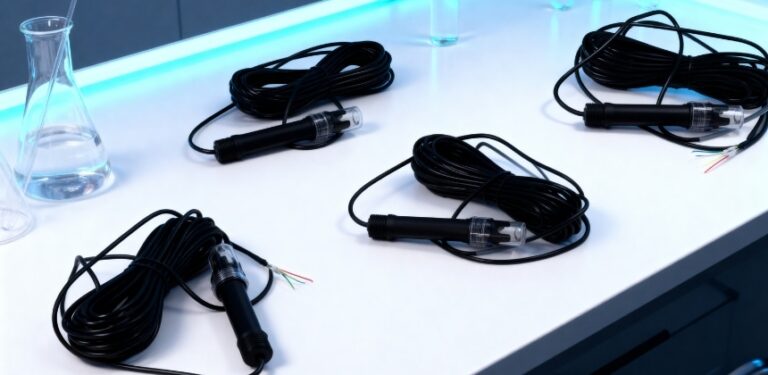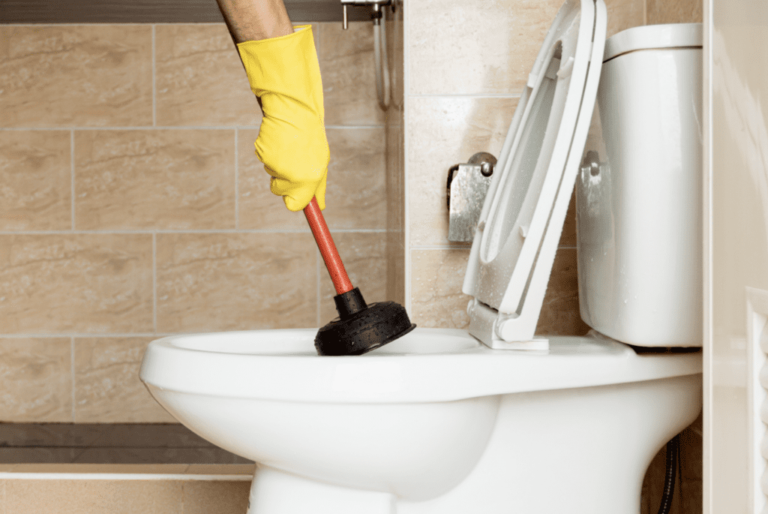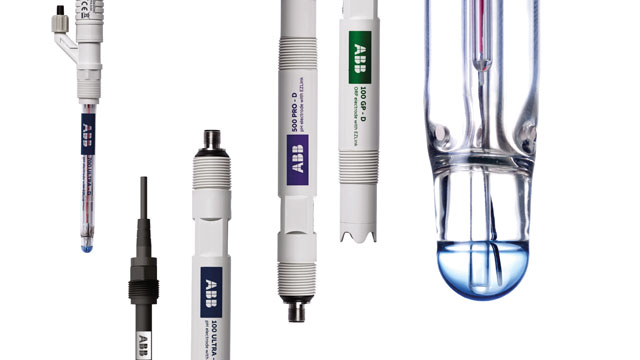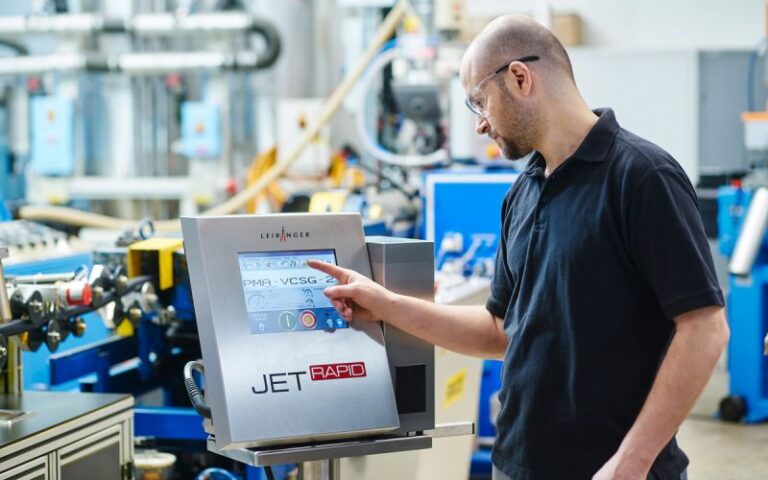Exploring the Strength and Specifications of Spiral Pipe 3000 Weld Systems
In modern industrial infrastructure, high-performance piping systems are crucial for ensuring durability, efficiency, and safety across various applications. Among the most reliable solutions available today is the Spiral Pipe 3000 Weld system, designed to meet demanding requirements in sectors such as oil and gas, construction, water treatment, and power generation. Known for its superior strength, precise engineering, and ability to withstand extreme operating conditions, this system is a preferred choice for industries seeking long-lasting and high-integrity pipeline installations.
What Is a Spiral Pipe 3000 Weld System?
The Spiral Pipe 3000 Weld system refers to a specialized class of spiral welded pipes manufactured and tested according to high-pressure and high-strength standards. These pipes are produced by spirally forming a continuous strip of steel and welding the edges along the helical seam. The “3000” designation typically indicates a pressure class or rating, reflecting the pipe’s ability to perform under intense operational stress. For companies that prioritize durability and engineering precision, Spiral Pipe 3000 Weld systems from trusted manufacturers offer exceptional reliability and compliance with global industry standards.
Strength and Performance Characteristics
Spiral Pipe 3000 Weld systems are engineered to deliver superior mechanical performance and resilience in challenging environments. Below are the key strength and performance attributes that make them highly dependable:
1. High Pressure and Load Resistance
These pipes are specifically designed to handle high-pressure flow systems. Their spiral weld design ensures that the stress is evenly distributed along the entire circumference of the pipe, reducing the likelihood of localized failure and improving pressure-handling capabilities.
2. Exceptional Structural Integrity
The spiral welding process creates a strong, continuous joint that enhances the overall tensile and yield strength of the pipe. This uniform strength distribution allows the pipe to resist deformation under high internal or external loads, making it ideal for heavy-duty industrial applications.
3. Enhanced Corrosion Resistance
Made from high-quality steel grades and often coated with protective finishes, these pipes exhibit strong resistance to corrosion, oxidation, and chemical damage. This is particularly beneficial in environments exposed to moisture, saline conditions, or industrial chemicals.
4. Dimensional Accuracy and Consistency
Spiral Pipe 3000 Weld systems are produced using advanced forming and welding technologies that ensure precise dimensional control. This results in tight tolerances, smooth internal surfaces, and uniform wall thickness, which contribute to better fluid flow and overall system performance.
5. Long Service Life and Low Maintenance
Due to their robust design and corrosion-resistant construction, these pipes require minimal maintenance. Their durability helps reduce long-term costs, making them a cost-effective solution for industrial operations.
Manufacturing Standards and Quality Assurance
Spiral welded pipes used in 3000 weld systems are manufactured following stringent international standards to ensure consistency, safety, and quality. The most commonly applied standards include:
- API 5L: Specifies requirements for line pipes used in oil, gas, and water transmission.
- ASTM A252: Covers the manufacturing of welded and seamless steel pipe piles for structural applications.
- ASME B31.3: Governs piping systems used in chemical, petroleum, and refinery industries.
- ISO 3183: Defines requirements for welded steel pipes used in pipeline transportation systems.
Each pipe undergoes a comprehensive series of inspections, including ultrasonic, radiographic, and hydrostatic testing, to confirm that the welds are defect-free and capable of withstanding operational pressures.
Applications of Spiral Pipe 3000 Weld Systems
Spiral Pipe 3000 Weld systems are known for their versatility and are widely used across various industries that demand strength, reliability, and long-term performance.
1. Oil and Gas Industry
These pipes are extensively used for transporting crude oil, natural gas, and refined petroleum products. Their high-pressure handling capacity and resistance to environmental factors make them ideal for both onshore and offshore pipeline installations.
2. Water and Wastewater Systems
In municipal and industrial water supply systems, spiral welded pipes ensure efficient flow and leak-free performance. Their corrosion resistance makes them suitable for use in wastewater treatment plants and underground pipelines.
3. Construction and Infrastructure
Spiral Pipe 3000 Weld systems are used as foundation piles, structural supports, and columns in large-scale infrastructure projects. Their load-bearing strength and durability make them essential components in bridges, tunnels, and high-rise buildings.
4. Power Generation and Energy Plants
In thermal, hydroelectric, and nuclear power plants, these pipes transport high-pressure steam, cooling water, and other critical fluids. Their ability to withstand temperature fluctuations ensures operational stability and safety.
5. Marine and Offshore Applications
The corrosion-resistant nature of spiral welded steel pipes makes them a suitable choice for offshore platforms, subsea pipelines, and shipbuilding projects, where exposure to harsh marine environments is unavoidable.
Advantages of Spiral Pipe 3000 Weld Systems
The combination of technical performance and economic efficiency makes Spiral Pipe 3000 Weld systems an attractive choice for many industries. Some notable advantages include:
- Uniform strength and stability due to helical weld design.
- High pressure and temperature tolerance.
- Resistance to corrosion, abrasion, and impact.
- Cost-effective production and long-term reliability.
- Compatibility with various coatings and linings for added protection.
Sustainability and Environmental Benefits
Modern manufacturing of spiral welded pipes aligns with sustainability goals by optimizing material usage and reducing waste. The use of recyclable steel and energy-efficient production techniques minimizes the environmental impact. Moreover, the long service life of these pipes contributes to reduced resource consumption and maintenance requirements over time.
Conclusion
The Spiral Pipe 3000 Weld system represents the pinnacle of engineering excellence in industrial piping design. With superior strength, corrosion resistance, and compliance with international standards, these pipes are built to deliver exceptional performance across a wide range of applications. Whether used in oil and gas transport, structural engineering, or water distribution, their reliability and long service life make them a cornerstone of modern infrastructure. By understanding their specifications, manufacturing standards, and benefits, industries can make informed decisions to ensure durable, safe, and efficient pipeline operations for years to come.

